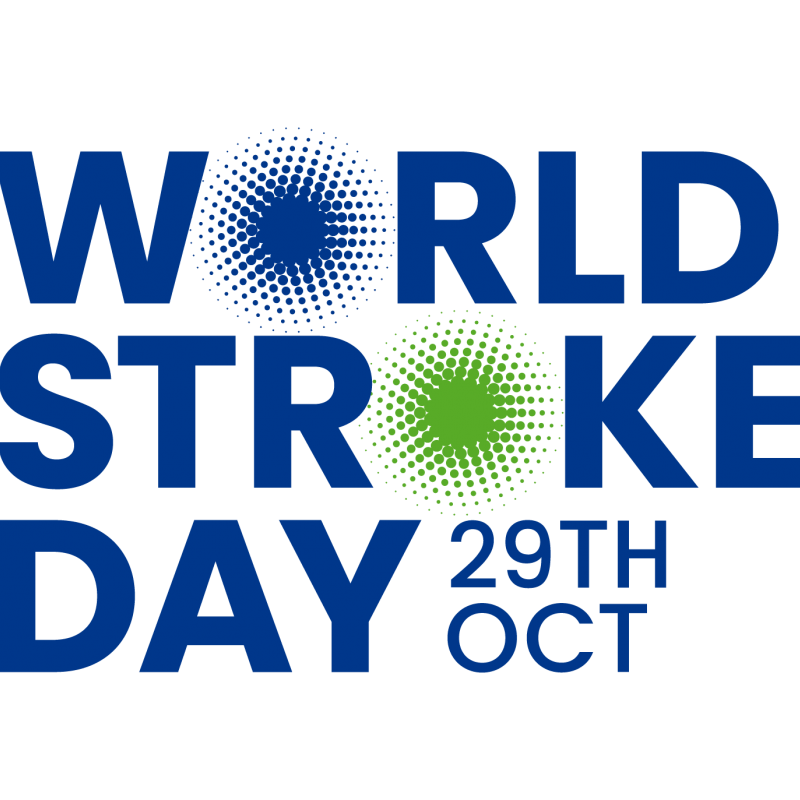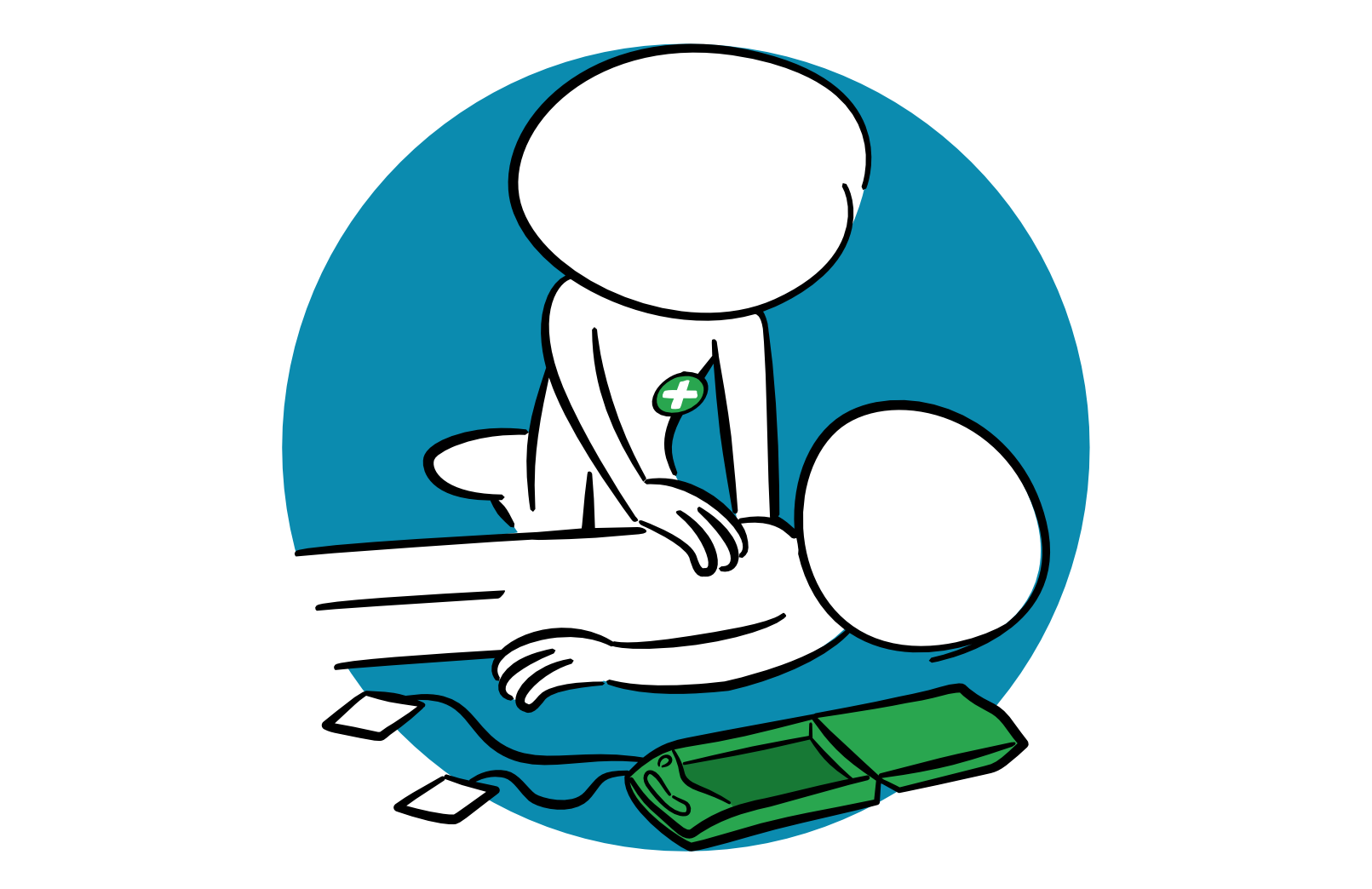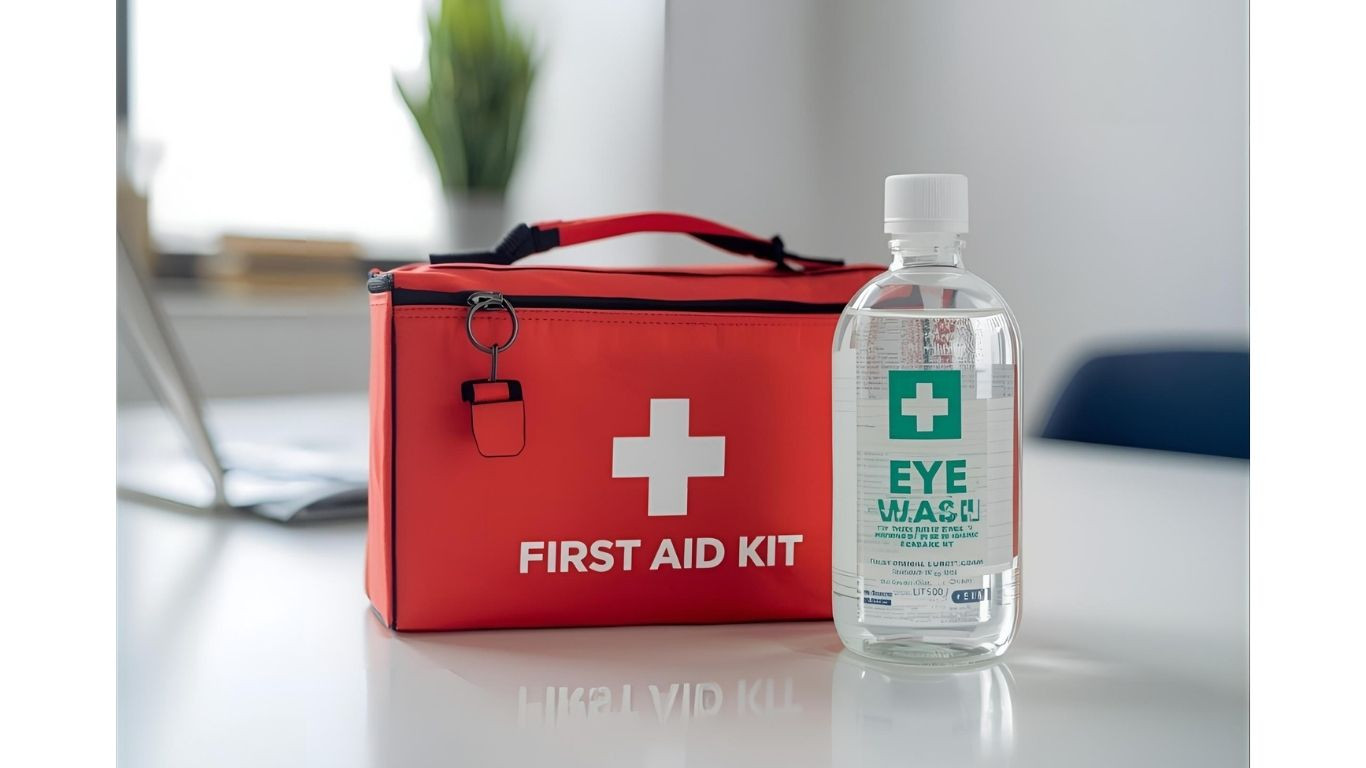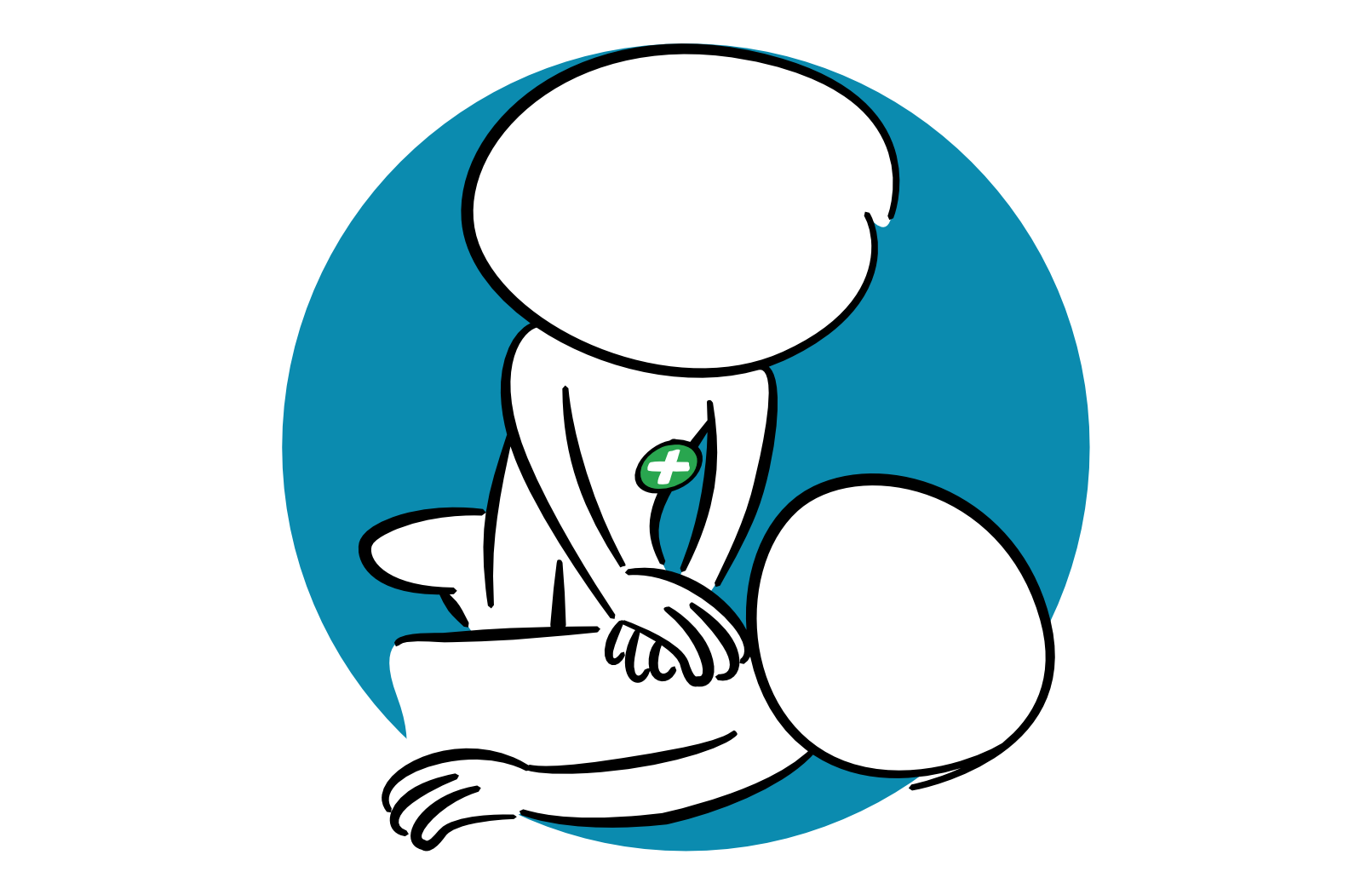Help! First Aid Training News
Choking First Aid
We’ve updated our guidance on how to help someone who is choking to reflect the new 2026 H.S.E. and Resus Council UK guidelines.
How To Treat Shock
We take a look at the causes of shock, symptoms to watch out for and the first aid steps to take.
Should You Have a First Aid Kit in Your Car?
In this blog, we’ll explore the legal position in the UK, the benefits of carrying a car first aid kit, and what essentials it should contain.
How Do I Treat a Concussion?
Each year in the UK, over 1 million people attend A&E with a suspected concussion. Despite being a common injury, it is often misunderstood.
How Do I Treat a Sprain?
Know how to recognise a sprain and the correct first aid treatment to help reduce pain, swelling, and further injury.
First Aid Guidelines Update: What You Need to Know
Find out what’s new for 2026 and how it affects first aid in the workplace.
First Aid for Diabetes: How to treat Hypoglycaemia and Hyperglycaemia
In this guide, Help First Aid Training explains the main types of diabetes, how to spot symptoms of low blood sugar and high blood sugar, and what steps to take...
How Do I Treat a Burn?
It's Bonfire Night, a time for wrapping up, drinking hot chocolate and heading out to see the skies light up.
How Do I Recognise the Signs of a Stroke?
Statistics tell us that one in four of us will suffer a stroke. This World Stroke Day, we're supporting the initiative to #act FAST and finding out how we can...
When Did You Last Check Your Defibrillator?
Help! First Aid Training's guide to keeping your Defibrillator ready to save a life this Restart a Heart Day.
How do I treat an eye injury?
An injury to your eye can be serious and can happen anywhere. Here's Help! First Aid Training's guide on how to treat an eye injury safely and effectively.
World Heart Day – Why Heart Health and CPR Training Matter
World Heart Day happens on 29th September, so lets take the opportunity to explore some important facts about the heart, cardiac arrest and the vital role of CPR and defibrilation.












